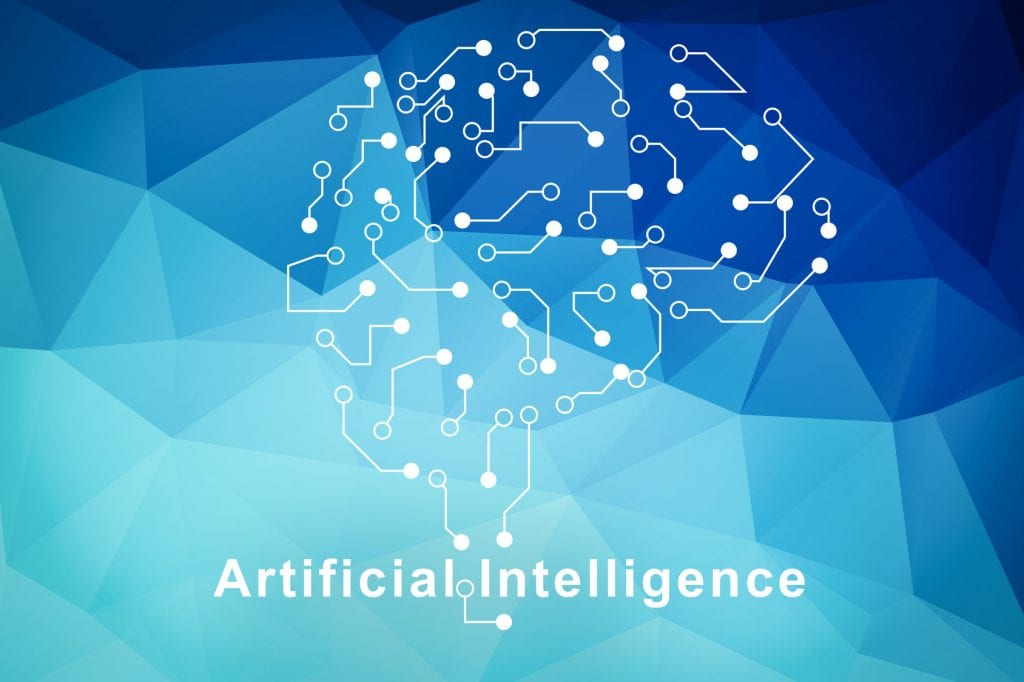In the never-ending quest to eliminate human bias, and likely human labor, associated with creating equity reports this article from Nasdaq indicates banks are investing in AI. Banks would be smart to learn how outcomes improve when the human expert is paired with AI, as shown in this article from NIST.
“With banks under massive pressure to slash costs associated with the production of research on stocks and bonds in Europe, it’s artificial intelligence (AI) to the rescue, with Germany’s $525-billion Commerzbank leading the way with a new content-automation partnership.
For Germany’s second-largest bank, it’s a major expenditure on research, with a partner, Retresco, that hopes to help it churn out AI-generated research reports and replace the human element in analyst notes.
The AI product hasn’t been fine-tuned yet, but investors will be interested to learn that it’s already advanced enough to provide around 75 percent of what a human equity analyst would give an investor when writing an immediate report on quarterly earnings.
Presumably, AI is more objective, too—and that’s where the idea of investor protection comes into play.
But equity reports reviewing quarterly earnings, says Michael Spitz, Commerzbank’s head of research, have common reporting standards, so the parameters are easy to plug in to AI, the Financial Times reported.
So while this area “is showing promise”, says Spitz, more complicated analyst notes are still futuristic.
Once we can replace the human element entirely in analyst notes—for reports that don’t have common parameters—we may have taken a frightening step into a future where AI has entirely too much control, objective or not.
Commerzbank’s foray into AI for analyst research was spurred in part by a January 2018 investor protection measure implemented by the European Union—MiFID II.
MiFID II was designed to provide investors with more protection by making financial markets “more efficient, resilient and transparent”.
While it’s been around since 2007, it was tweaked in January with new reporting requirements and tests that “will increase the amount of information available and reduce the use of dark pools and OTC trading”.
But it’s also about competition for Commerzbank because the race is now on to roll out AI among the big players in the finance industry.”
The rest of the article has doom and gloom prognostications along with some stats on spending from different market research firms.
Overview by Tim Sloane, VP, Payments Innovation at Mercator Advisory Group
